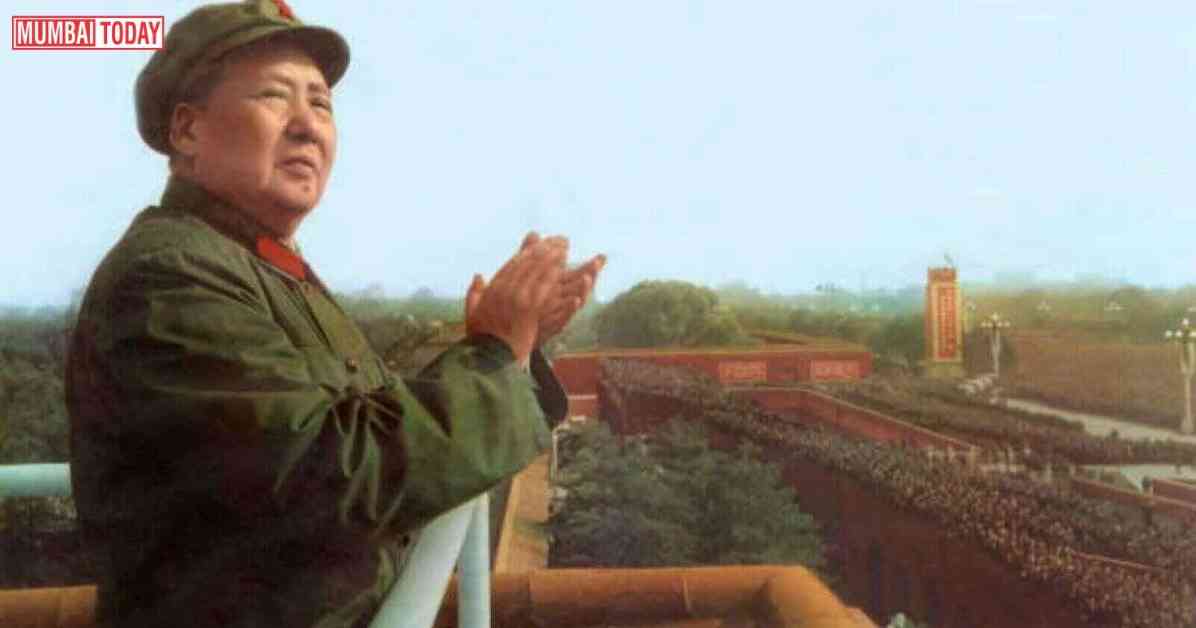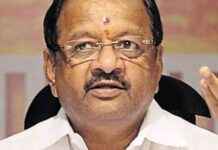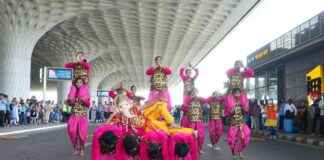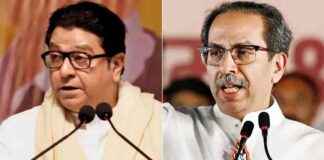Mao Zedong, a prominent figure in Chinese history, came to power in 1949, marking a significant moment that shaped not only China’s political landscape but also its environmental path. His declaration of the People’s Republic of China on October 1st, 1949, following a long and bloody civil war, ushered in a new era for the nation. However, this shift in power also brought about notable environmental changes.
One of Mao’s major initiatives, the Great Leap Forward (1958-1960), aimed at rapid industrialization and agricultural production. While this endeavor sought to elevate living standards, it came at a high ecological cost. Forests were cleared to make way for farmland, leading to soil erosion and disrupting natural water cycles. Intensive agricultural practices, relying heavily on chemical fertilizers and pesticides, resulted in waterway pollution and soil degradation.
Despite the environmental challenges during Mao’s era, there were positive aspects to consider. The emphasis on self-reliance promoted local food production and community-based solutions. Traditional methods like crop rotation and organic farming, though not universally adopted, offered insights into a more sustainable future.
Today, China faces the environmental repercussions of rapid development. Reflecting on the ecological impact of Mao’s rise to power enables China to navigate towards a greener path. Embracing sustainable practices such as renewable energy, organic farming, and ecosystem restoration is vital for a more environmentally friendly future.
Mao Zedong’s journey to power and its environmental legacy serve as a reminder of the delicate balance between economic progress and ecological well-being. Whether you are a citizen, a policymaker, or simply someone with a concern for the planet, even small steps towards sustainability can have a significant impact. Through mindful choices, we can all contribute to a future where environmental considerations align with progress.




















